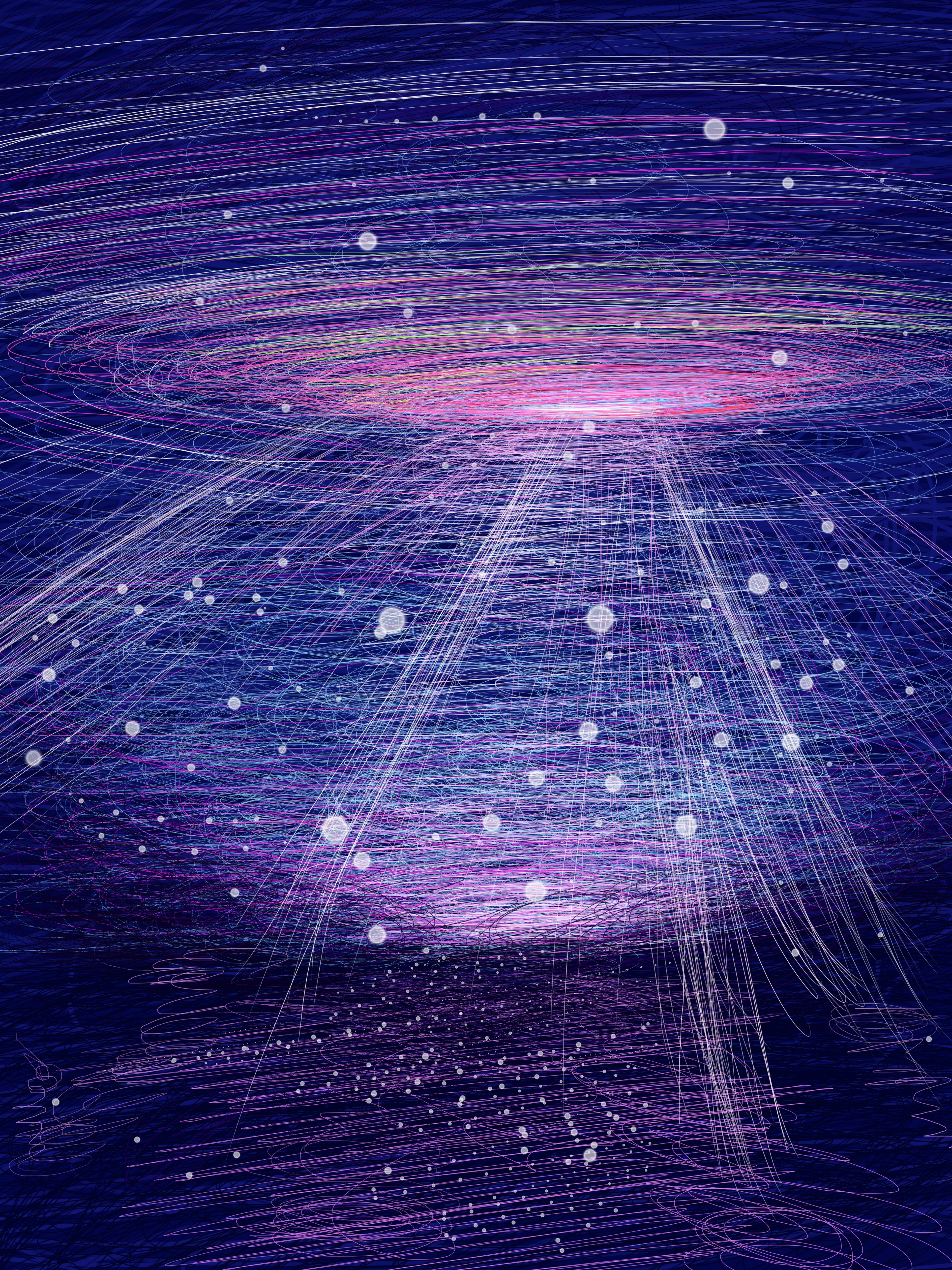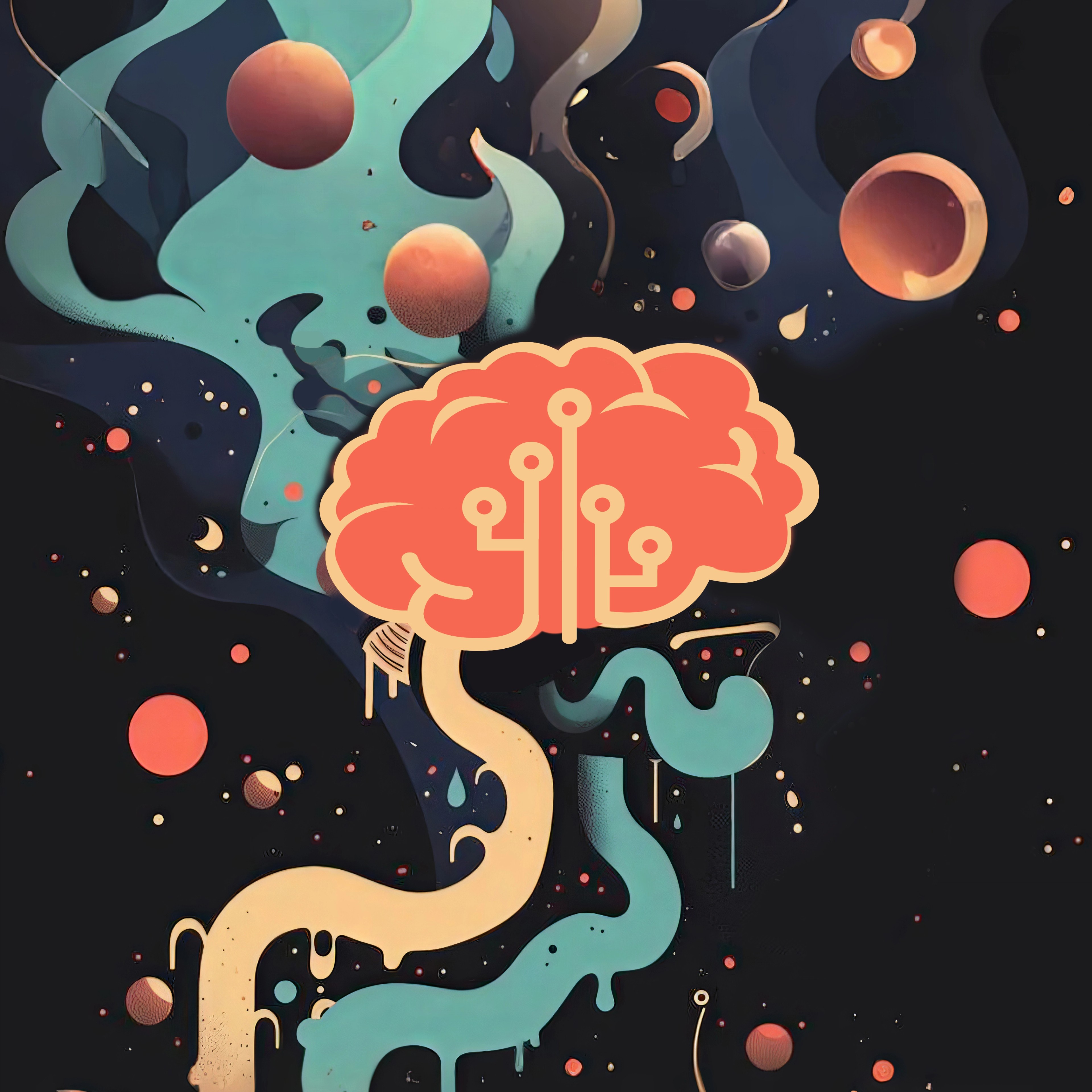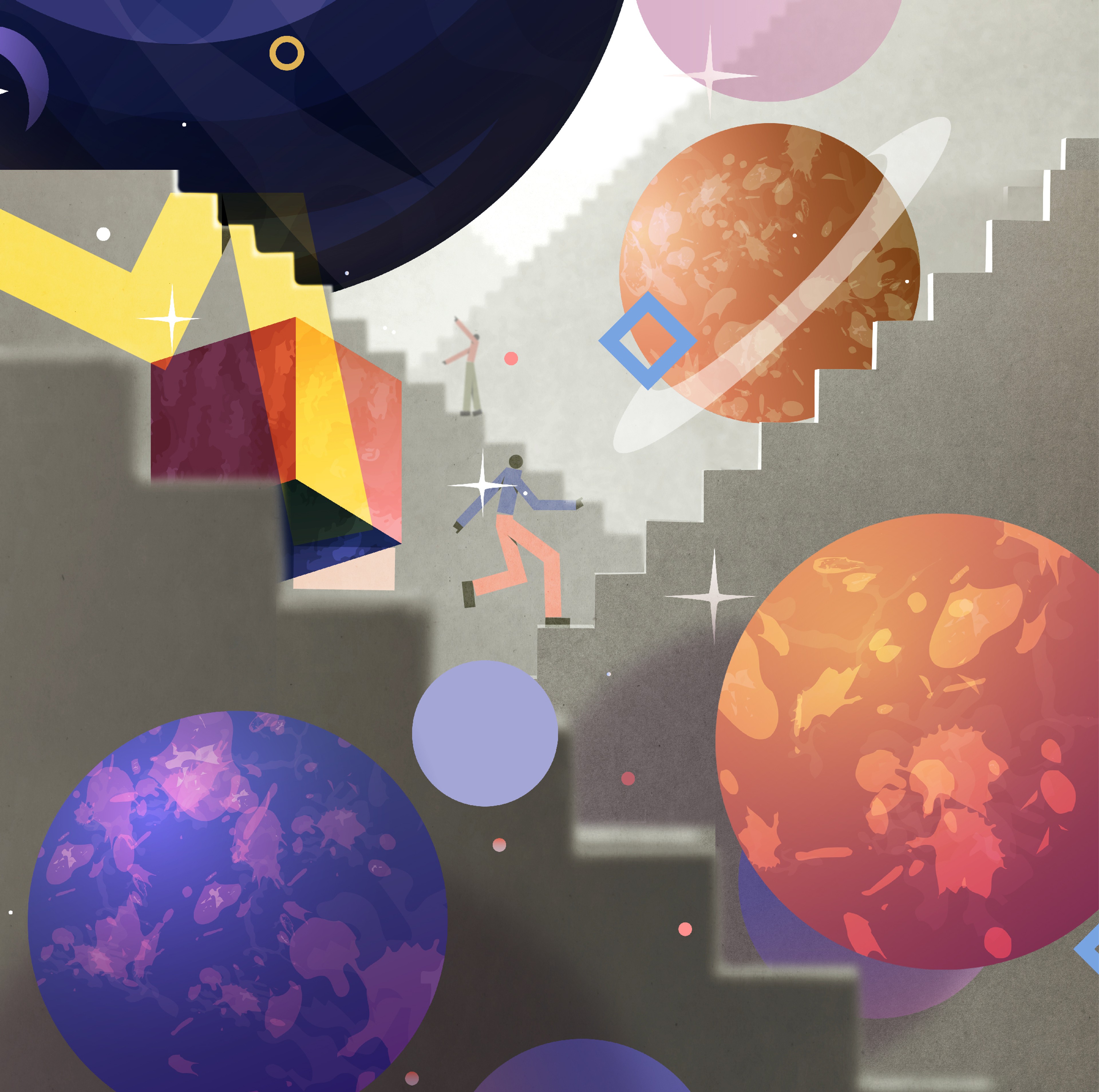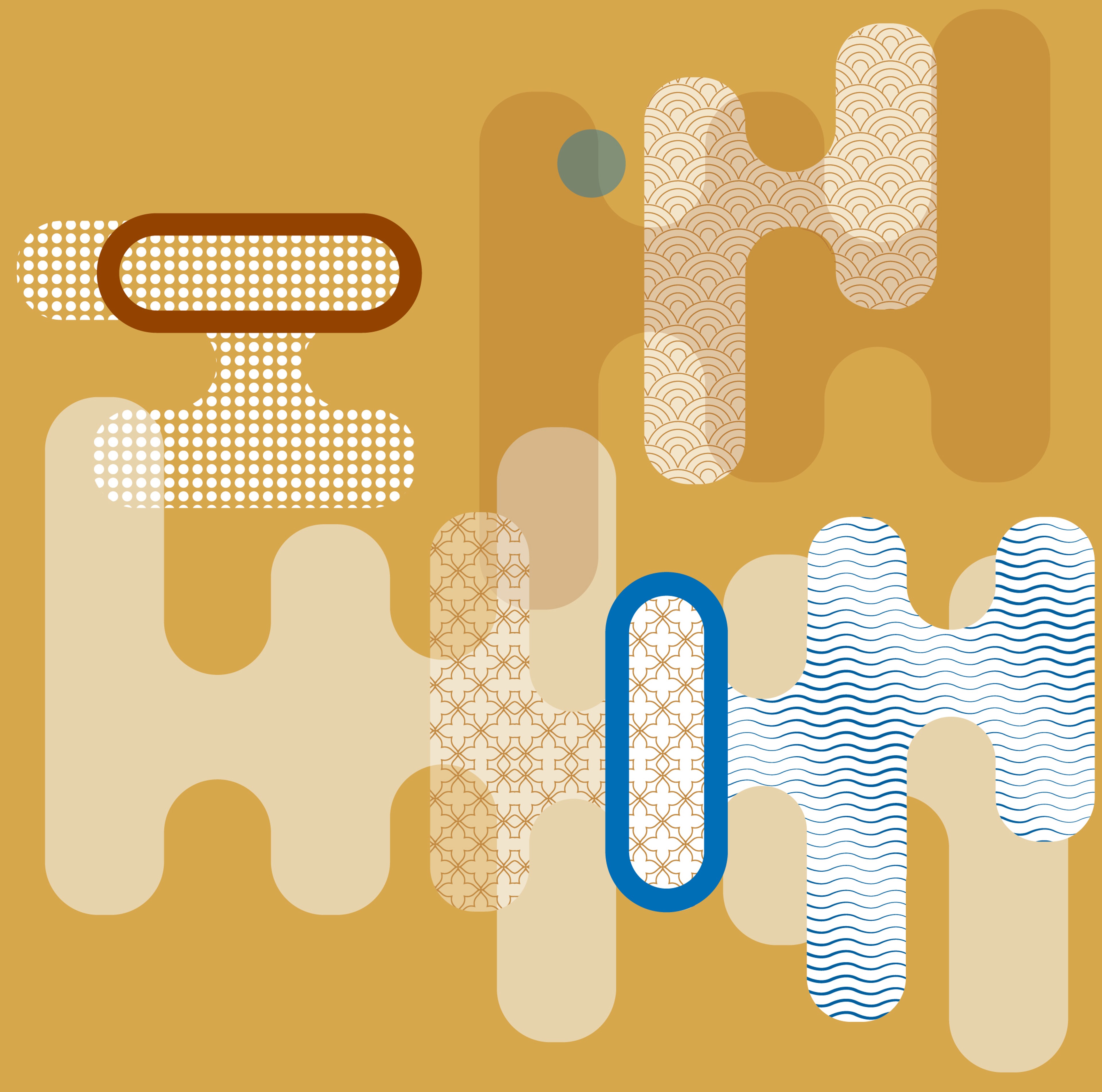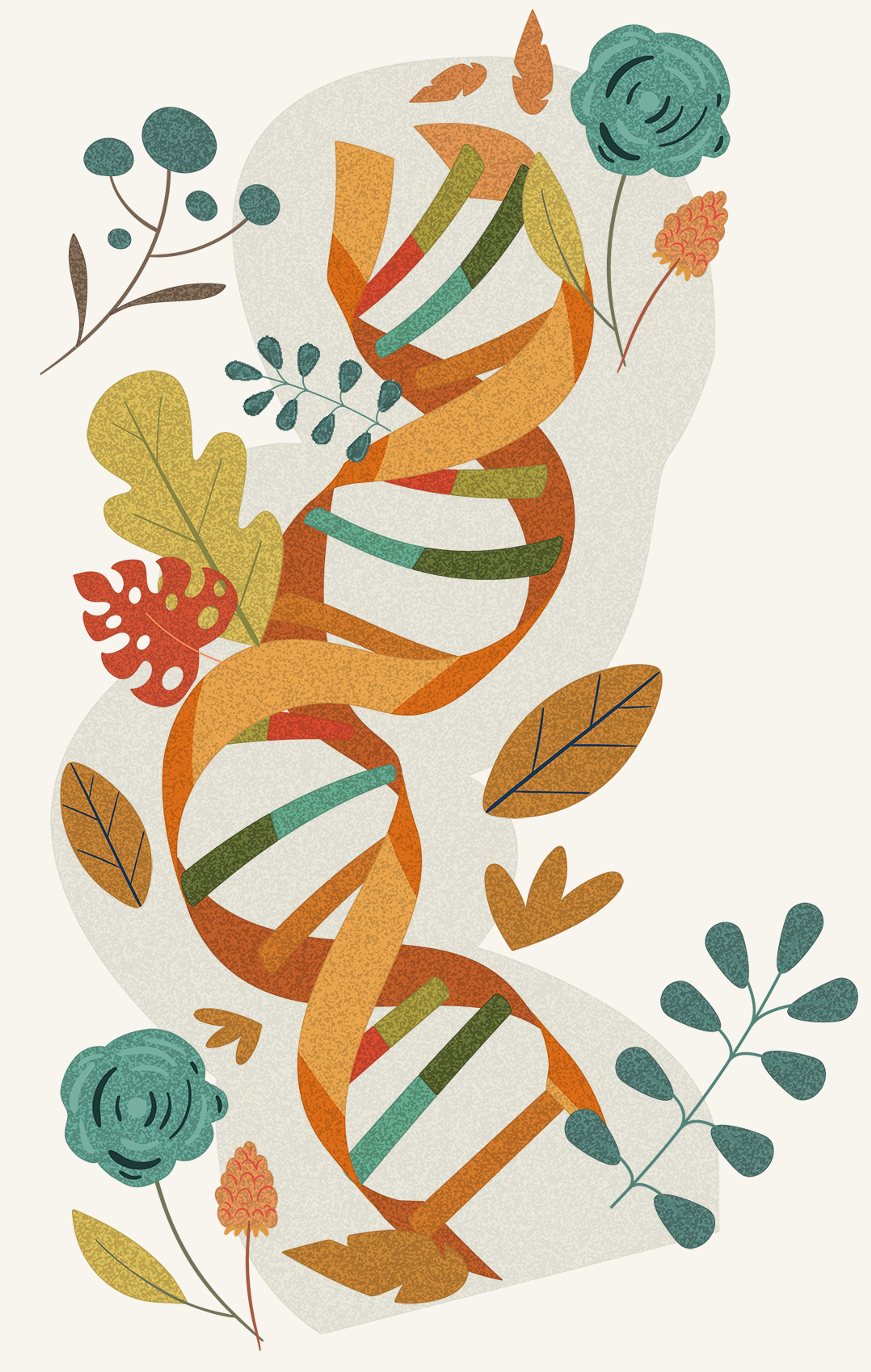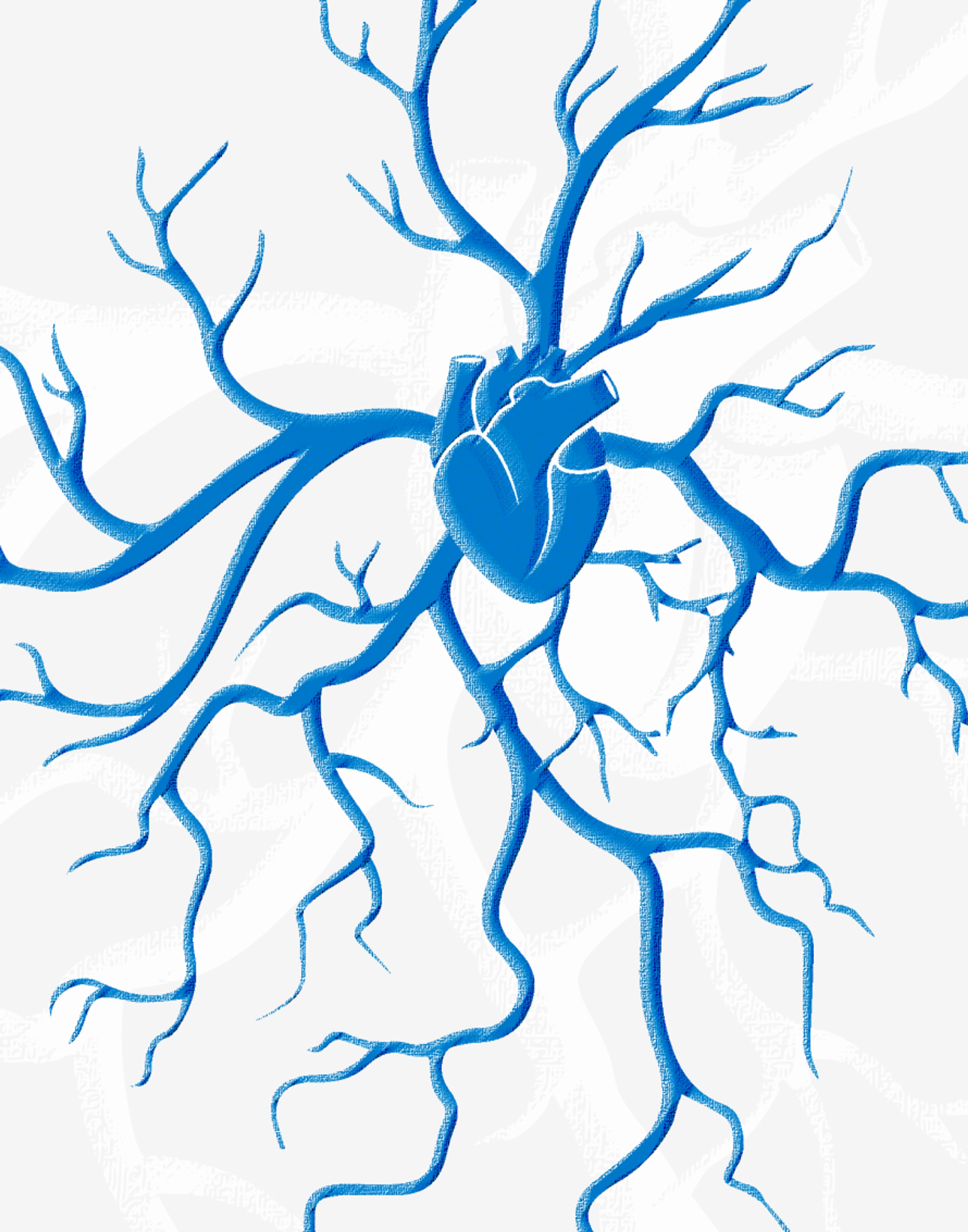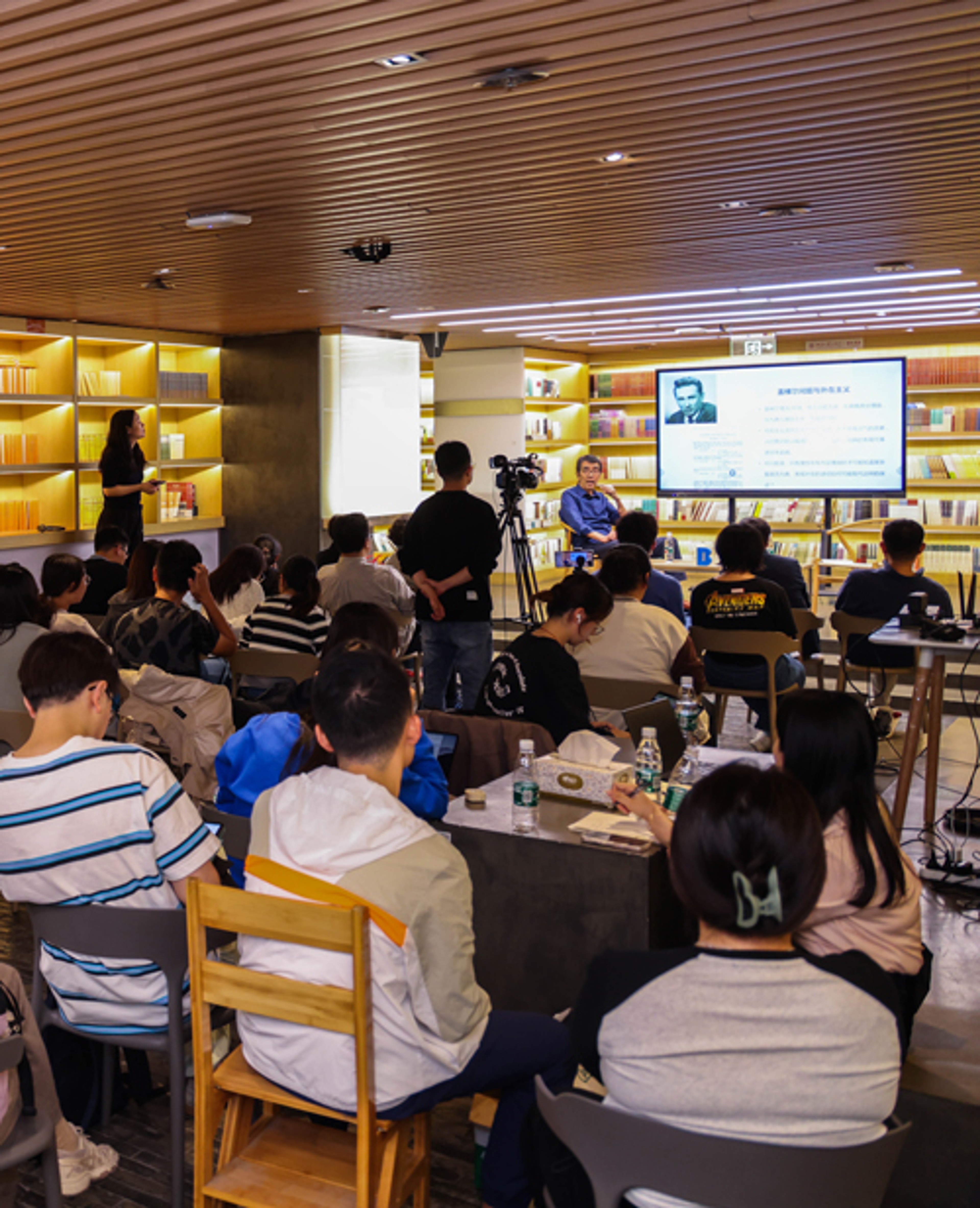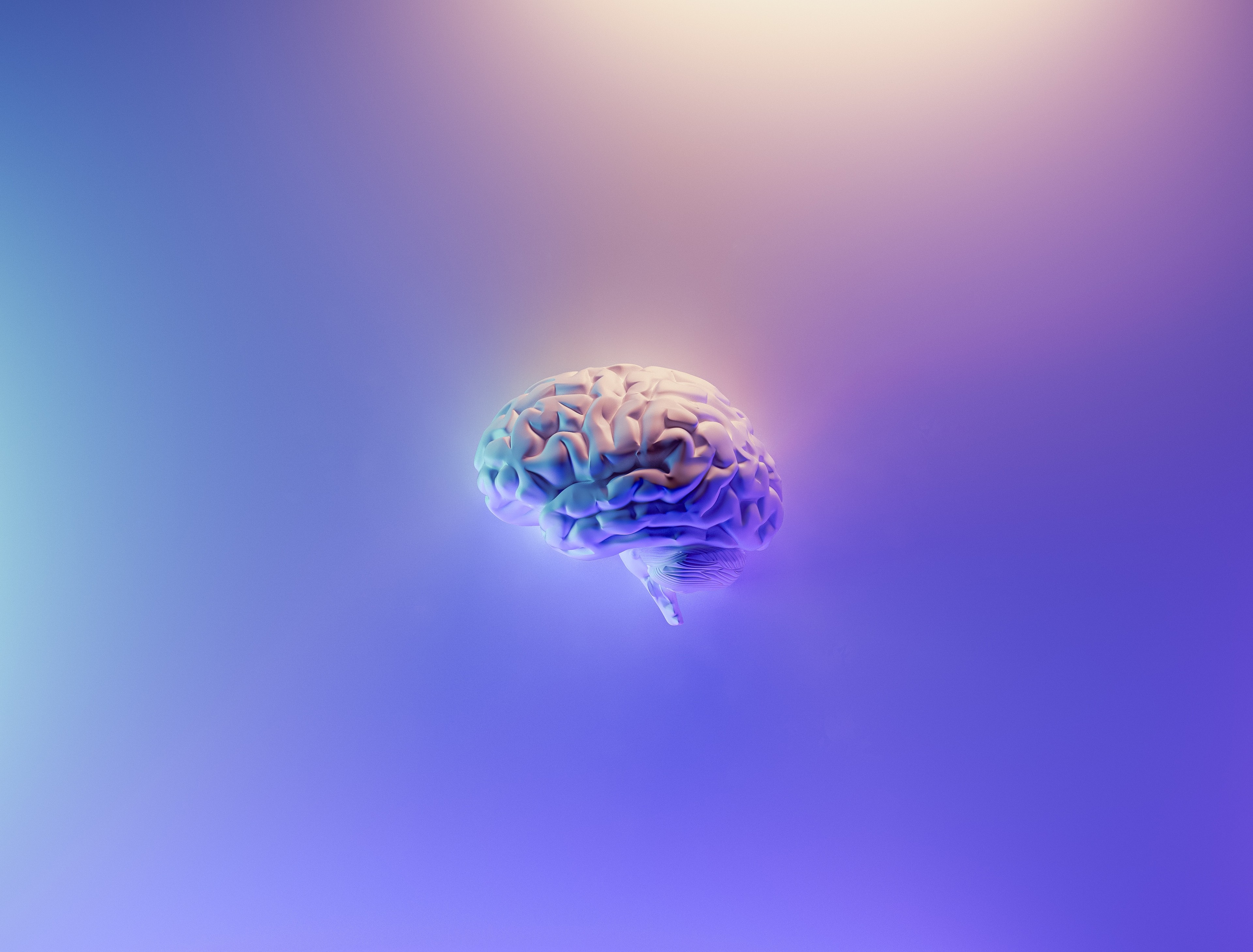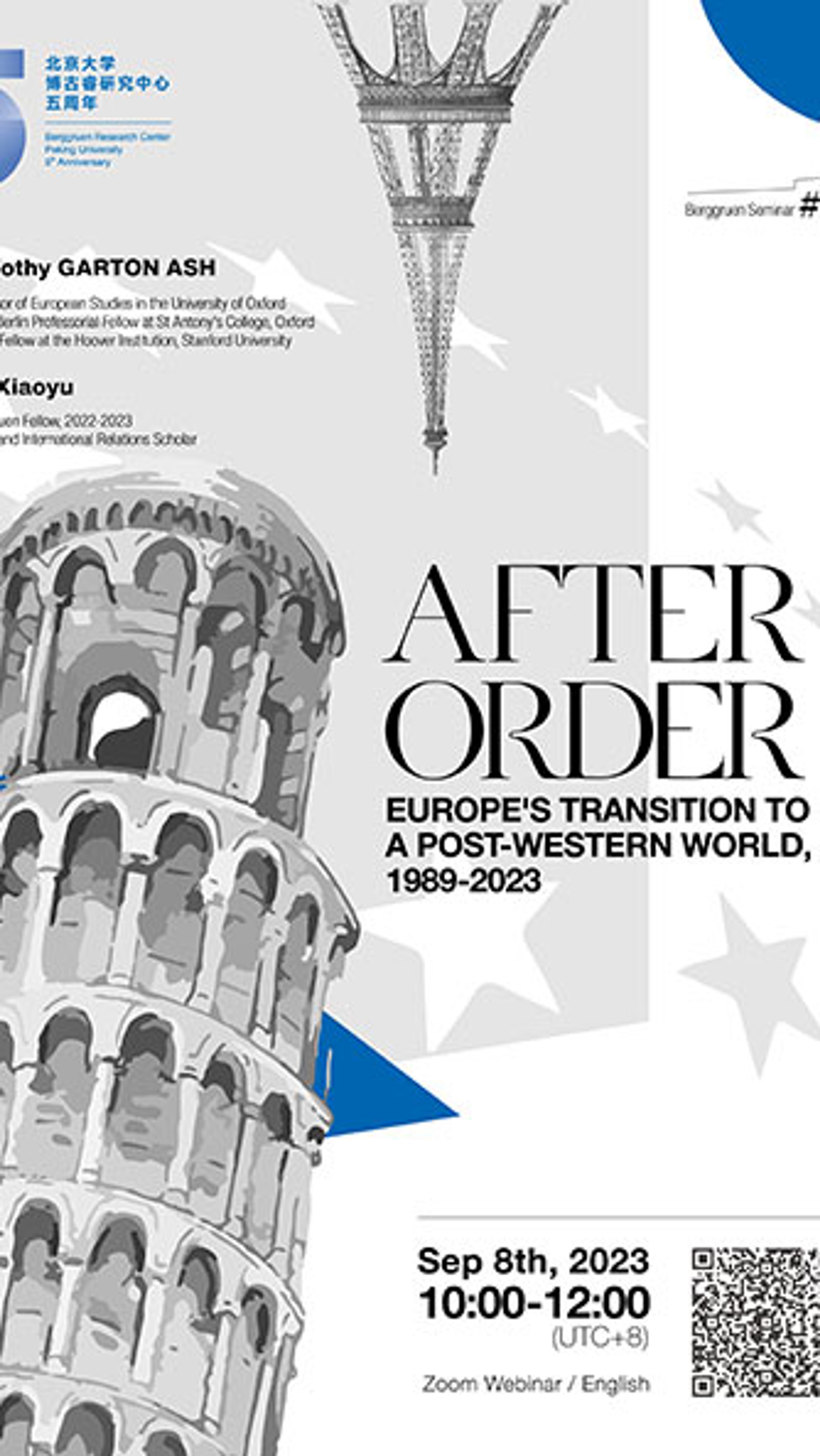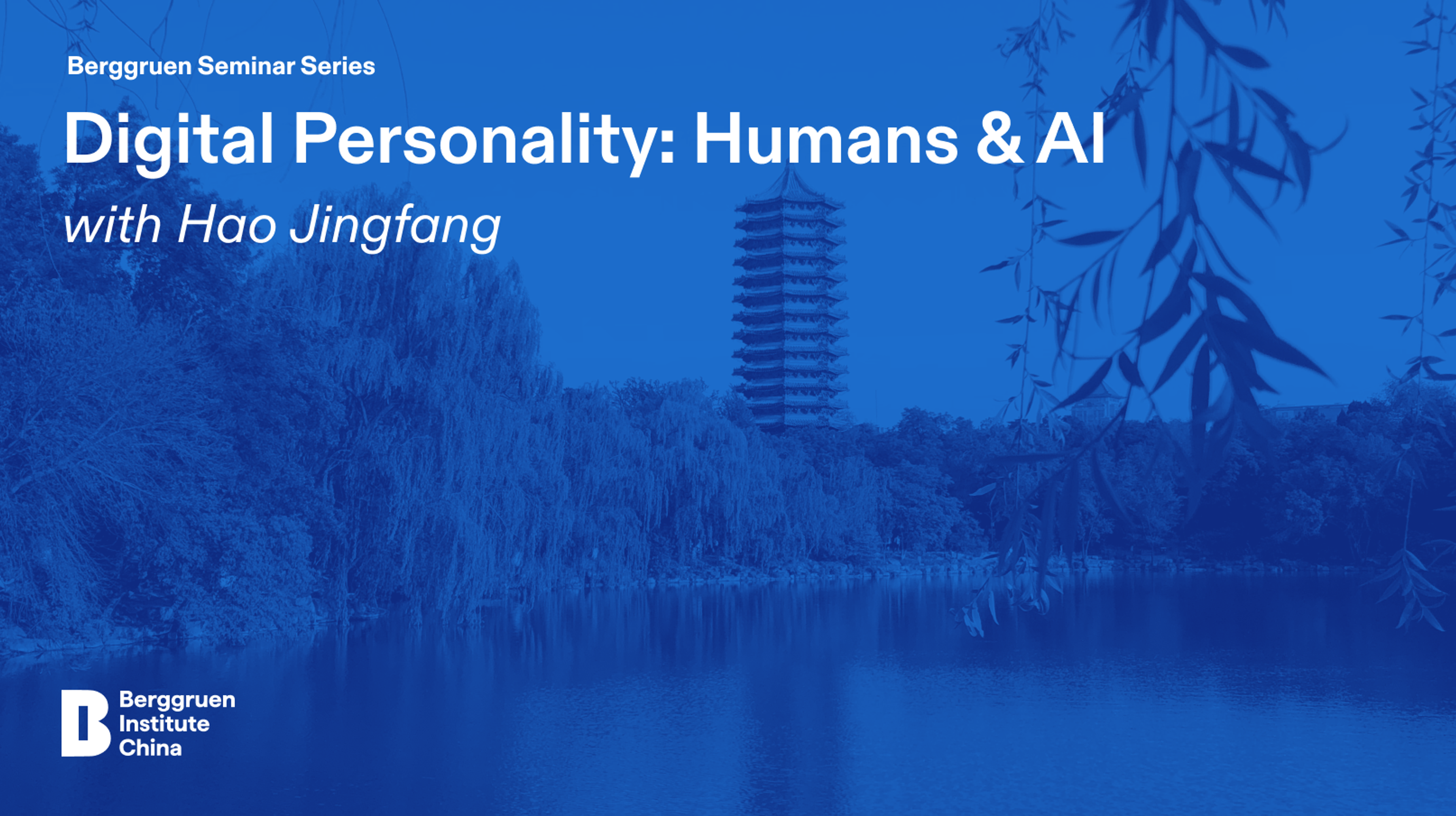Digital Personality: Humans and AI
- Date: July 16, 2024
Hao Jingfang, Berggruen fellow, fiction author, and researcher, shared her views on “digital personalities” at the “Berggruen Seminar 12” on October 25, 2023. With the rapid development of AI and cranial nerve science, the rise of digital personalities is ever more certain. We are thus required to rethink the boundary between AI and humans and the boundary between humans and digital personalities. Hao believes that any discussion of digital personalities will inevitably return to the subject of personhood. In this time of rapidly emerging technology, we may be uncovering new answers to the fundamental philosophical problem of “What makes a person?”.
Digital personalities are blurring the boundary between AI and humans
In the debate over AI, there are three attitudes. Optimists hold that AI will become a partner of mankind, bringing a bright future by complementing our strengths. Pessimists believe that AI will become the enemy of mankind, using tools to control and annihilate us. The view of the pessimists is actually based on the assumption that “AI desires to become human,” that, once awake, a purely logical AI would want to understand irrational human emotions. The third attitude holds that AI and mankind are like two parallel lines, existing together in the same way that humans and ants coexist peacefully on Earth.
Hao argues that these three attitudes are biased in that they regard humans and AI as two different “species.” First, they stress opposition more than continuity, viewing AI as cold and humans as organic. Second, they stress differences more than common ground, presupposing that the development of mankind is diametrically different from that of AI. Finally, they stress the physical more than intelligence. AI construed as a robot with a human appearance is easier to be seen as a physical entity rather than just a virtual program. Digital brain technology and magnetoencephalography are blurring the boundaries between people and AI. Therefore, accurately simulating a person’s digital personality is no longer in the realm of fantasy. According to Zeng Yi, researcher at the Chinese Academy of Sciences Institute of Automation, traditional AI uses homogeneous basic units to perform massive data calculations, while digital brain AI simulates neurons of different types in the real brain through different digital signals, generating a complex program similar to the human brain. The computational complexity of these digital brains far surpasses that of current deep learning AI brains. According to another scientist who studies brain-computer interface technology and magnetoencephalography, using quantum technology to perform magnetoencephalography, it is possible to carry out non-destructive, in-vivo whole brain scans. Once the technology is improved, brain neuron signals and current flow will be able to be scanned when a person is awake. If this can be used in conjunction with Zeng’s research, we could accurately track and simulate the digital brain to create a digital personality. This technology will fully blur the boundary between humans and AI. Digital personalities are both digital simulations carried out by programmers, and they also carry information from within the biological brain. They fall between humans and AI. In the era of digital personalities, how do we envision the relationship between humans and digital personalities?
With the advent of the age of digital personalities, what will happen? Are people willing to allow digital personalities to have discussions, shop, arrange trips, make decisions, or even analyze memories on their behalf? As Hao Jingfang believes, these possibilities will inspire us to wonder
where the boundaries between humans and digital personalities lie. We already have intelligent programs created through deep learning which can provide convenient and efficient customized services. However, in the age of digital personalities, intelligent programs will be in a more harmonious state with us. Do we need to be liable for the decisions made by digital brains? Should we allow digital brains to enter areas involving rigorous and complex responsibility such as financial regulation? If a digital brain makes a decision in violation of legal norms, should humans or the digital personality be responsible for its behavior? These are issues that deserve serious thought. These changes require us to rethink the relationship between humans and AI.
The relationship between humans and AI may be one of evolution. AI may be the future of mankind and the digitization of the self-personality. When a person’s life comes to an end, a digital personality can offer personality continuity, perform iterations and upgrade itself, and even go on in a human’s place, thus realizing the digitization of the species. The evolution of human spirit and intelligence influences the inheritance of human civilization. In her latest sci-fi novel, Hao envisions that high-level space-age civilizations will have to go through the step of “de-substantialization”. Digital personalities and new intelligence are no longer enemies of humanity, but human continuity and evolution.
There may be a physical-mental relationship between humans and AI. In the future, digital brains may be divided into many personalities to meet different needs. Or there may be no clear-cut boundaries between humans and AI. Currently, AIs can process data, and they have super-fast computing power and unique algorithms. But future AIs and human intelligence will form a new breed, with extensive overlap between the two. Hao Jingfang believes these will become the themes and material of future sci-fi novels.
Thinking about people
In her novel The Other Shore of Humanity, Hao sets up the “other shore” to allow us to better understand “this shore”, namely humanity. Thinking about digital personalities draws our attention to the most essential question: “What is a person?” Digital personalities inspire us to reflect on the significance of physical perception. The digital brain can “synchronize” with us anytime anywhere, but it has no physical presence. There is growing research on substantiality in various disciplines, and the general consensus is that “if the body does not exist, nor can consciousness.” Biologists believe that the body is the most important source of consciousness. From the birth of the cell membrane, there is a source of consciousness.
There is no consciousness without the body.
Digital personalities also make us think about where holistic consciousness comes from. Humans can sense many types of sound and image information. These numerous and jumbled data and information are collected in the cerebral cortex and constitute our holistic consciousness. Current AIs can powerfully simulate a single function, but the majority of them are just “fragmented” programs without a complete sense of self. One hotly discussed topic in physics and philosophy circles is whether consciousness and subjective feelings can be reduced to physical processes.
Another question worth discussing is whether humans will, in a sense, evolve into AI. If so, then humans and AI can exist peacefully as the same species in different forms. At that point, will there still be unsurmountable barriers between us? Further, the question we pose is really, “What exactly is a human being?” Does humanity exist corporeally or spiritually? What is the essential part of being human?
*This article was written by Cai Xinyi, Berggruen Institute China Center intern and master’s candidate at the University of Chicago, and edited by Lan Tianmeng, Berggruen Institute China Center intern and undergraduate student at Renmin University of China.
